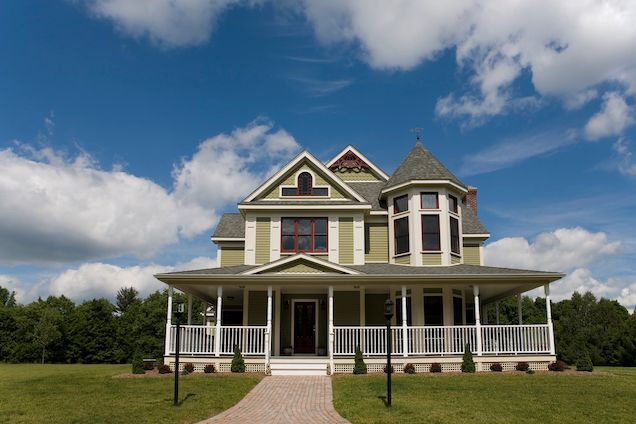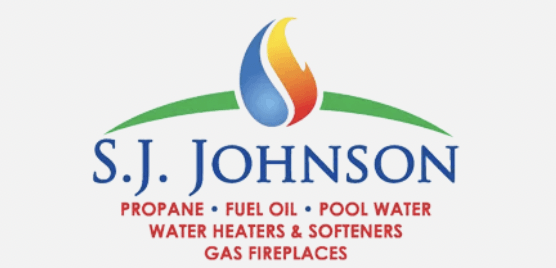The Surprising Benefits of Installing a Water Softener

Water softeners are increasingly becoming a desired addition to many homes in Southern MD due to their many benefits and convenience. From improved water quality to cost-savings, there is much more for homeowners to gain than meets the eye. Many people may not be aware of all the potential benefits that come from installing a water softener in their home. In this article, we will explore some of these surprising advantages of having a water softener system installed in our homes along with why it might be beneficial for you as well.
Understanding Water Hardness
Understanding water hardness might be important for homeowners to consider when deciding whether or not to invest in a water softener. Hardness is determined by the amount of calcium carbonate, magnesium and other minerals present in the water. On the Mohs scale of mineral hardness, 3 grains per gallon (GPG) or more is considered hard; 1-3 GPG is slightly hard; and less than 1 GPG as classified as soft. The higher the levels of these minerals, the harder your water , which can lead to buildup on appliances such as dishwashers, showers, faucets and cause build up even further down into plumbing systems. Installing a water softener helps reduce this problem by removing excess minerals from our home's drinking, washing and bathing supplies .
Water softeners also provide financial benefits by preserving plumbing fixtures over time and increasing their longevity with fewer repairs needed due to buildup becoming clogged inside pipes or otherwise compromising function over long periods of use without regular maintenance. Furthermore, using softened rather than hard water often results in less soap being used during everyday chores like doing laundry because it takes longer to form suds efficiently when exposed to harder H2O molecules meaning you end up saving money cutting back on soap costs while ensuring better cleaning processes at same time! Alongside health benefits due to cleaner drinking conditions - reduced limescale errors producing taste variations noticeable upon contact with food cooked within system - adding a water softener provides multiple reasons why this could potentially be an extremely wise investment overall in regards both short-term cost savings long-term fixtures lifespan optimization alike!
Benefits of a Water Softener
One of the primary advantages of having a water softener system installed in one’s home is the remarkable improvement in water quality. By replacing hard minerals like magnesium and calcium with sodium, these systems ensure that no unpleasant taste or smell persists within the water. This not only makes the household’s drinking water more enjoyable to drink but also offers an added layer of safety by improving its hygienic standards. The reduced scale build-up on taps and fixtures around the house further enhances its appeal since it prevents corrosion as well as health risks associated with “hard” untreated water going into our bodies directly.
Another great benefit for homeowners to gain from having a water softener system is long-term cost savings due to attractive performance at low service costs. Softened hard waters drastically reduce accumulation on pipes and heat exchange surfaces as they do not dissolve soap scum residue making them less prone to blockages which can easily lead to expensive repairs over time if left unattended. Furthermore, people may find additional conveniences such as being able to conveniently fill their washing machines with fewer overflows and cleaner dishes emerging out of dishwashers with greater ease thanks to extra lather created from softer soaps that come out without harsh residues sticking onto utensils or crockery elements alike!
Cost Savings and Return on Investment
Cost savings and return on investment (ROI) are two of the biggest advantages of owning a water softening system. The most notable benefit is that softeners reduce scale buildup in pipes and appliances, meaning less money spent on cleaning or repairs. Aside from this, having softened water can also lead to more efficient energy consumption when using hot water around sinks, showers, and laundry since it takes less energy to heat up smaller lumps of soap residue after washing them away with softer water. In addition, hard water can contribute to higher costs when it comes to purchasing new appliances since they need regular scaling and maintenance due to mineral build-up over time. When looking at all these cost-savings as well as other potential benefits such as skin health improvements and odorless clothes after laundering thanks to softer water’s affect on cleaning agents efficiency; an ROI analysis will demonstrate a sensible decision in investing into a home water softener system for many homeowners .



